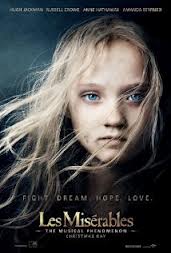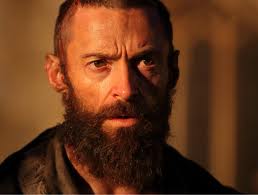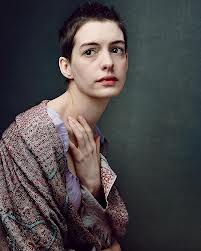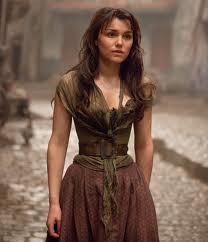Les Miserables – a masterpiece, but don’t forget the tissues!
Ah, Les Miserables – I should have known that with Cameron Mackintosh producing and Tom Hooper directing, you couldn’t disappoint. But having such a strong passion for the musical version, I was fearful the movie wouldn’t live up to expectations.
Reading the history of the film’s development, it’s clear the road to final completion has been long and challenging with many changes in the production team along the way. Alan Parker was first named as the film’s director way back in 1988… and then there was a period where development stopped altogether.
But after attending Melbourne’s premiere of the film on Friday night, I’m delighted to say the wait has been worthwhile. Based on Victor Hugo’s French novel from 1862, the epic screen adaptation is a triumph. While the story of Les Miserables is already a proven winner, (the stage show having been seen by an estimated 60 million people world-wide) it’s effect on the audience weighs heavily on the actors ability to impart the emotional authenticity of their experience. And this is where the film’s success lies – in brilliant casting and performances.
Hugh Jackman as Jean Valjean




